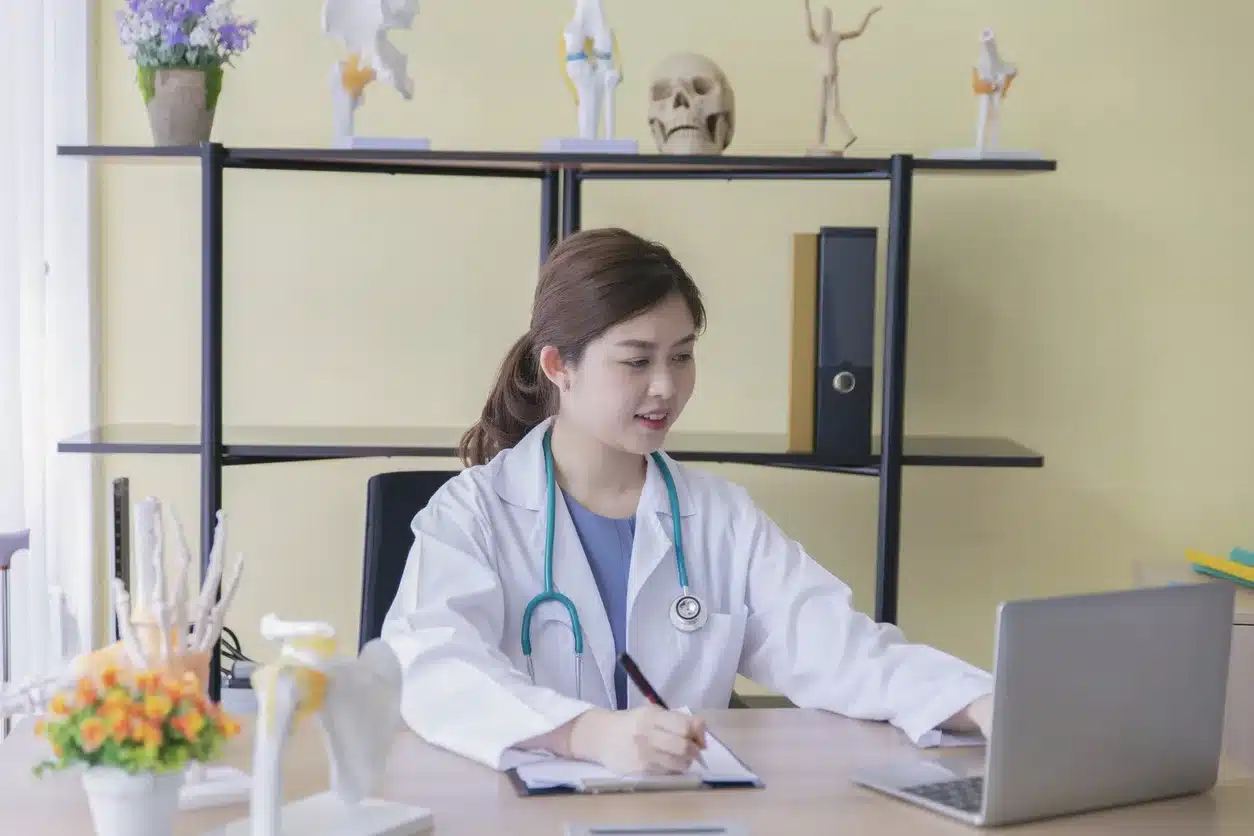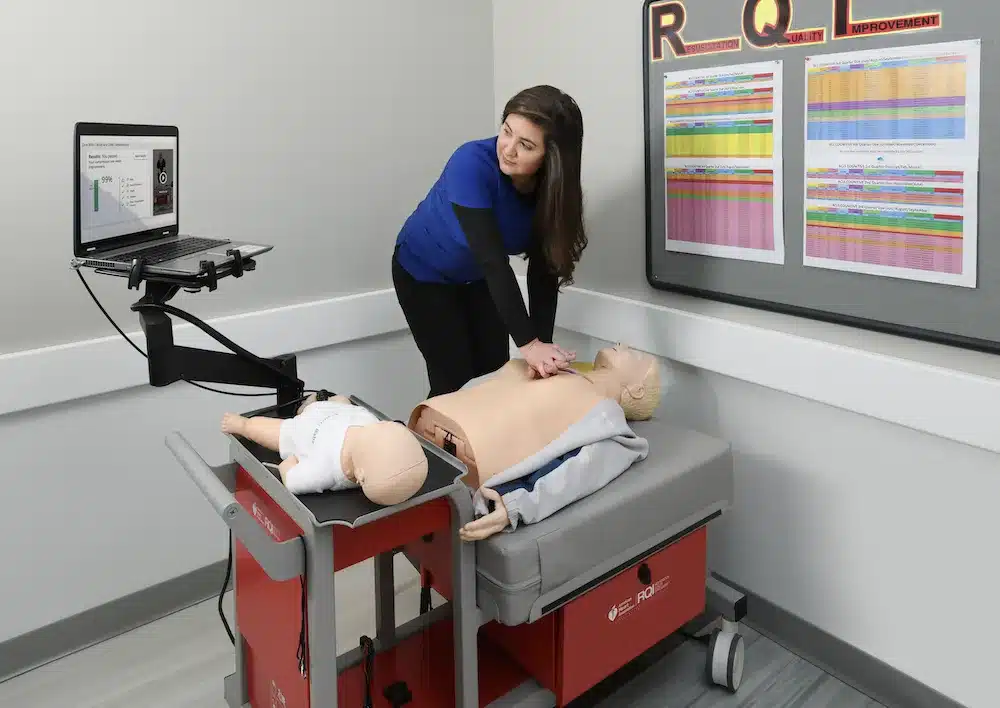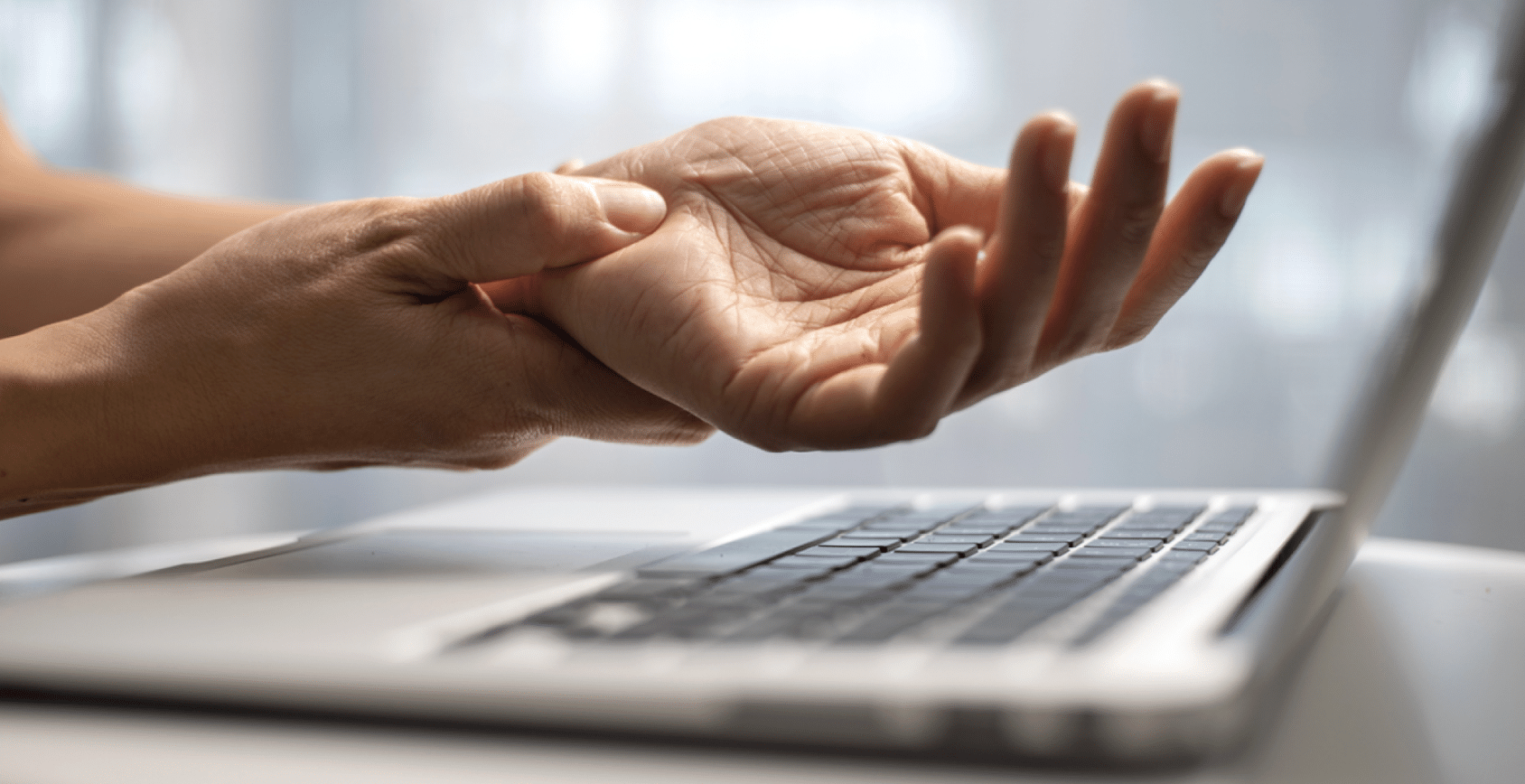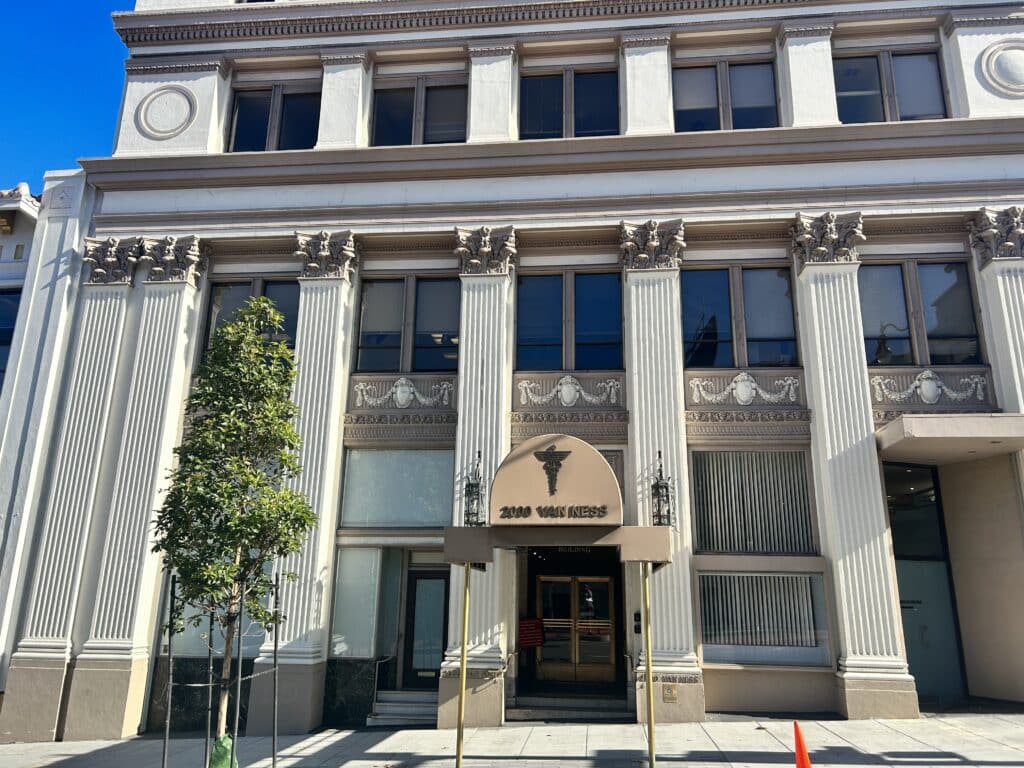BLS, ACLS, PALS, First-aid & CPR Classes In San Francisco - Van Ness
Course Registration
Safety Training Seminars offers American Heart Association BLS, ACLS, PALS and CPR classes in San Francisco, CA. This office is close by the surrounding cities of Daly City and Oakland.
If you are looking for CPR classes in San Francisco, you can take a BLS, ACLS, or PALS course near you. We can teach CPR & First-aid classes at your location any dayof the week. Ask us about our group discounts.
If you are already registered for a CPR course in San Francisco, please read the important information below about your upcoming course.
Important Information About Your Upcoming Course in San Francisco
Directions to San Francisco CPR Classroom
Mandatory Videos To Watch Before your Course
Our studies have shown that those who watch the videos increase their chances of passing by about 50%.
If you do not watch the videos, you will still probably pass, but you will be spending a lot more time in the classroom.
Please spend a few minutes watching the two videos below.
RQI Online Course – What to Expect
You can start and stop the online course as needed. Be sure to use a computer or tablet while taking the American Heart Association online course (a phone will not work). The BLS Heartcode online course is adaptive to your current level of knowledge.
As such, the length of the online course is variable depending on your experience and skill level. (BLS: 1-2 hours, ACLS or PALS 3-4 hours)

Day of Skills Testing – What to Expect
Show up to your San Francisco CPR testing location on the registration date and time you selected with your RQI login and the entry instructions that were texted/emailed to you. After you put on a pair of gloves, enter your login and password on the computer (use the keyboard or touch screen). Follow the on screen directions to activate your skills session.
The VAM (voice assisted manikin) will guide you through the skills testing. An instructor will not be present, but you can call our office during your session if you have any questions. We have a dedicated and friendly team to help you if you need assistance.

RQI Skills Testing - How to Pass
♥ Watch the review videos above to save time at your skills testing.
♥ Make sure you allow full chest recoil.
♥ Switch rolls quickly when doing 2-person CPR (within 5 seconds).
♥ Pause when you see a Red Stop icon & the computer says Do Not Interrupt
♥ Count out loud when doing compressions.
♥ Use the step stool under the manikin if needed for better leverage.
♥ When giving breaths with the Bag Valve Mask, tilt the head back & lift the chin.
♥ You will receive your certification card on the day of the class.

Performing CPR is Physically Exhausting
By registering for a class, you understand that performing chest compressions on the manikin can hurt your hands, wrists, arms, or body. If you have any pre-existing physical limitations (pain, carpal tunnel, weakness, or injury), we suggest you wait until you are feeling better.
If you become tired or run out of time and need to come back to complete your skills, call our office. We can reschedule you for no extra fee. Or you can stay in the room to finish up your skills.

CPR and First-aid classes in San Francisco (Van Ness), CA
Living in a bustling city like San Francisco, it’s essential to be prepared for emergencies. A critical part of this preparation is learning CPR and First Aid. Located on the bustling Van Ness Avenue, there are numerous classes available that can equip you with these vital skills.
CPR, or cardiopulmonary resuscitation, is a lifesaving technique that is used when someone’s heartbeat or breathing has stopped. This could be due to a heart attack, drowning, or other sudden emergencies. The procedure involves chest compressions and ventilations that can help to restore the flow of blood and oxygen to the body. It’s an essential skill that can buy crucial time until professional medical help arrives.
First Aid is another crucial ability that everyone should possess. It’s the immediate care given to a person who has been injured or is suddenly ill. The goal is to preserve life, prevent the condition from worsening, and promote recovery. It includes everything from how to treat minor cuts and burns, to recognizing the signs of serious conditions like stroke or heart attack.
The classes offered in Van Ness Avenue are designed to provide comprehensive training in both CPR and First Aid. They are suitable for anyone, regardless of their previous experience or knowledge in the field. The classes are taught by experienced professionals who use a combination of theoretical instruction and practical exercises.
In the CPR section of the course, you’ll learn how to assess an unresponsive person, call for help, and perform high-quality chest compressions. You’ll also be taught how to deliver rescue breaths and use an automatic external defibrillator (AED). The First Aid portion of the class will cover a wide range of topics, including how to control bleeding, treat burns, manage fractures, and identify signs of certain illnesses.
These classes on Van Ness Avenue not only equip you with the skills but also instill the confidence to act in an emergency situation. The hands-on approach ensures that you are not just learning the theory, but also practicing the skills in a controlled and safe environment.
The courses are usually offered on various days and times throughout the week, making it convenient for people with different schedules. They typically last for several hours, ensuring that you have enough time to learn and practice the techniques.
In conclusion, CPR and First Aid are essential skills that everyone should have. The classes available on Van Ness Avenue in San Francisco provide comprehensive training in these areas. By enrolling in these courses, you’re not only investing in your personal development but also contributing to the safety and wellbeing of your community. After all, in an emergency, it might be your newly acquired skills that make all the difference.


